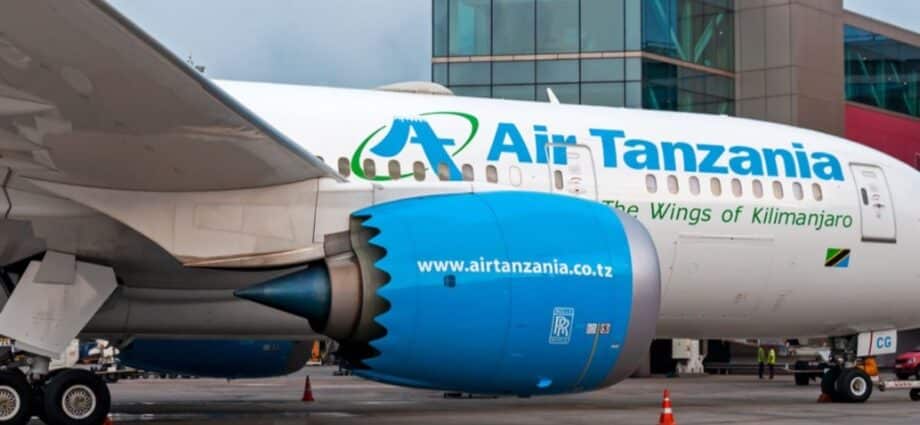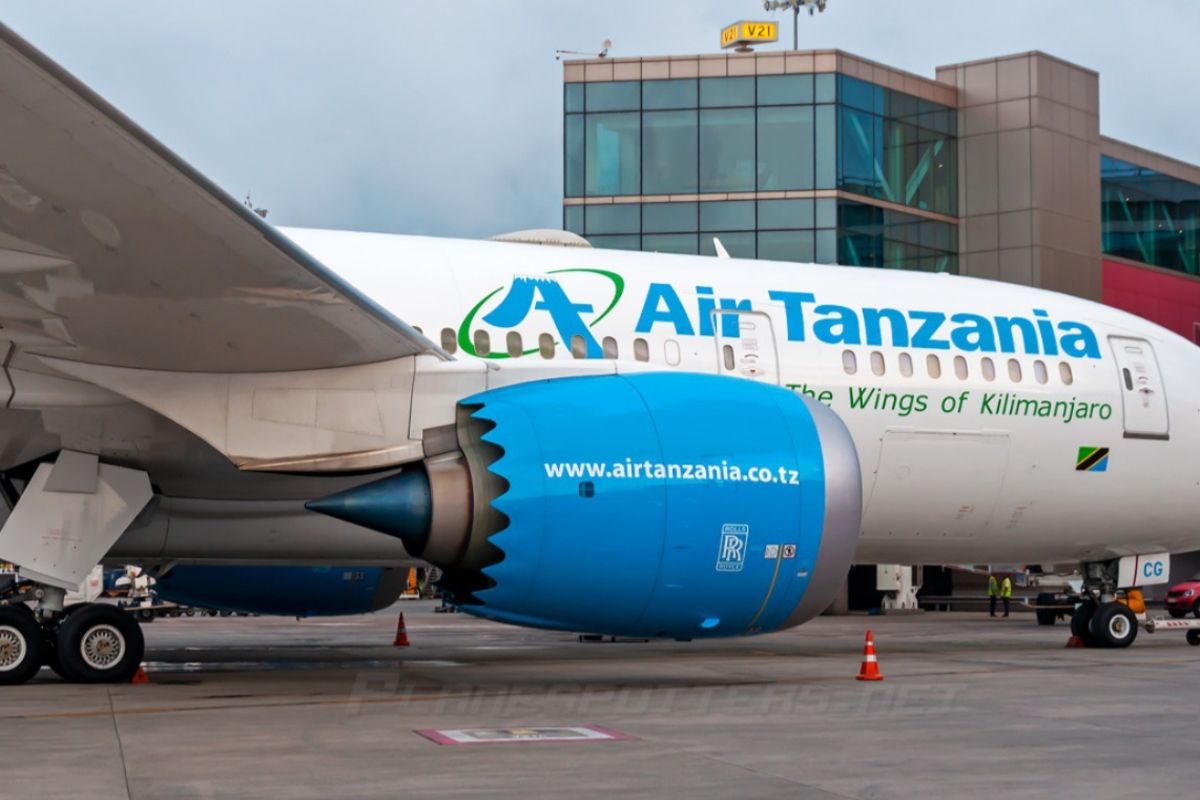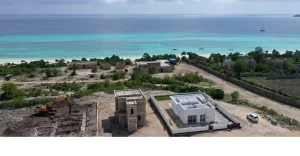Unguja. Tanzania’s new Boeing B787 Dreamliner which was delayed due to weather challenges, is now expected to arrive in Zanzibar on Tuesday August 20, 2024, the government has confirmed.
The reception of the aircraft will be led by the President of Zanzibar, Dr Hussein Mwinyi, at Abeid Aman Karume International Airport.
Initially, the aircraft, with a capacity of 262 passengers, was scheduled to land at 4:00 PM on Monday but Air Tanzania Company Ltd (ATCL) stated that adverse weather conditions caused the delay.
“This has necessitated a revision of the flight schedule. A new arrival time will be issued. Tanzania Airlines apologises for that,” the airliner stated.
According to the updated schedule released today, August 20, 2024, the aircraft is now expected to arrive at 7:00 PM.
In a phone interview with Mwananchi Digital, deputy director of presidential communications at the State House, Mr Raqey Mohamed, said that the reception ceremony will start at 4:00 PM.
“The event will be attended by various leaders, with President Mwinyi serving as the guest of honor,” he said.
The aircraft can carry 262 passengers, with 22 seats in business class and 240 in economy class. It also has the capacity to transport 15 to 20 tonnes of cargo, depending on passenger and cargo volume.
This aircraft is the 15th purchased by the government since 2016 as part of its efforts to revive the state-run ATCL.















